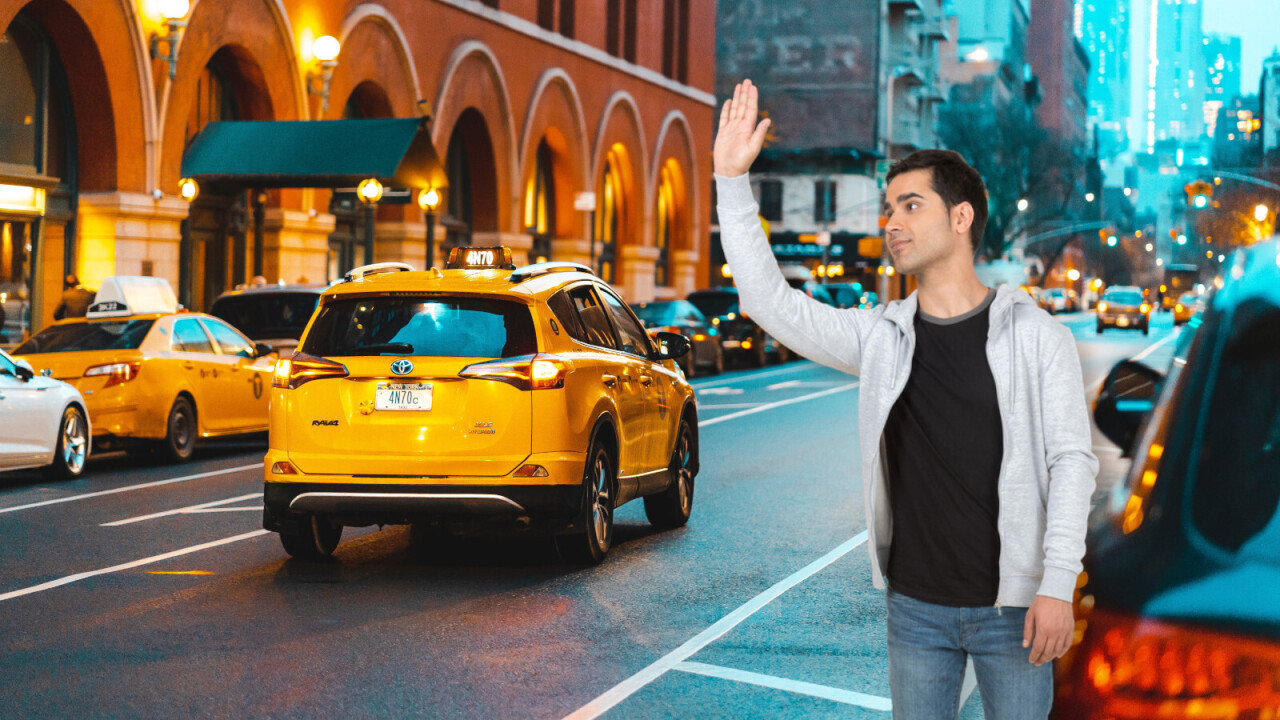
Ride hailing apps like Uber and Lyft provide users with a quick and easy way to get about town, but according to new research, they also lead to an increased number of crashes for motorists and pedestrians.
Researchers from Columbia University Mailman School of Public Health collated data from over 370 million ride-hail trips taken in New York between 2017 and 2018. They compared traffic flows at the time of an accident, to a week before and a week after the incident.
[Read: Ebikes and e-scooters legalized in New York, delivery drivers first to benefit]
After crunching the numbers, the researchers found that increased use of ride-hailing apps, like Uber and Lyft, led to an increase in crashes involving pedestrians and motorists at drop-off and pick-up locations.

The researchers also studied conventional taxi trips using the same methodology, and did not find a similar link between their use and crash frequency.
Indeed, one of the main differences between conventional taxis and ride-hailing apps, is the apps let users determine their pickup location. There are no measures in place to prevent pickup from potentially dangerous locations, such as busy highway junctions or pedestrian crossings.
Christopher Morrison, assistant professor of epidemiology at Columbia Mailman School and research lead, suggests that congested cities should consider “taxi-rank style infrastructure” for ride-hailing apps to better protect pedestrians and reduce the number of crashes that result from their use.
The full research paper was published in the scientific journal: Injury Prevention.
Get the TNW newsletter
Get the most important tech news in your inbox each week.





